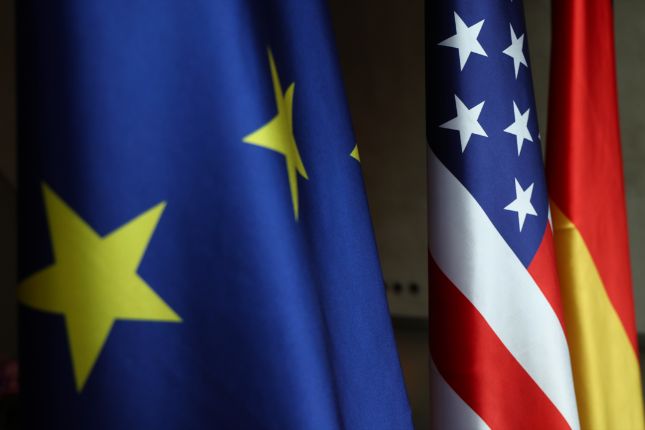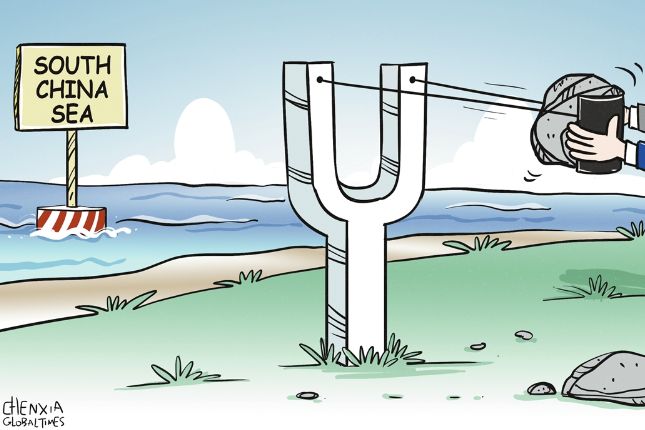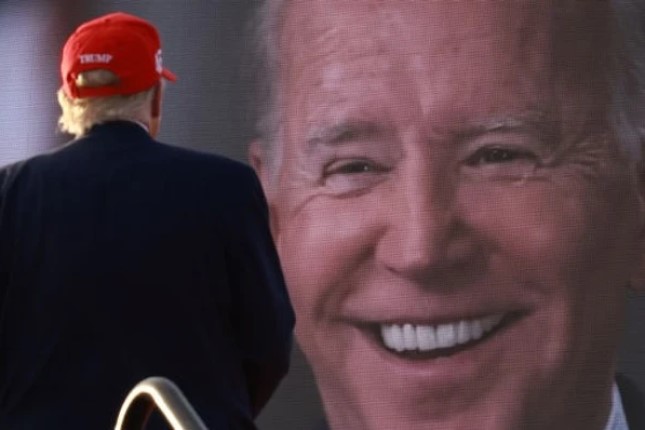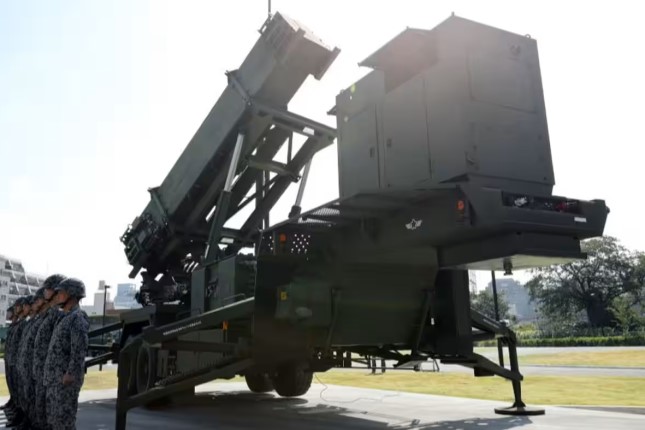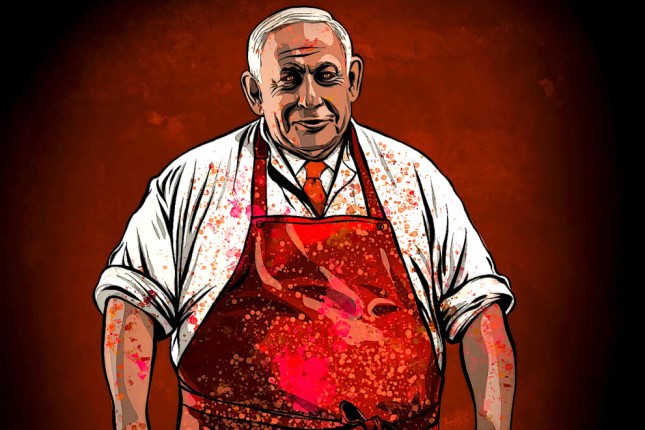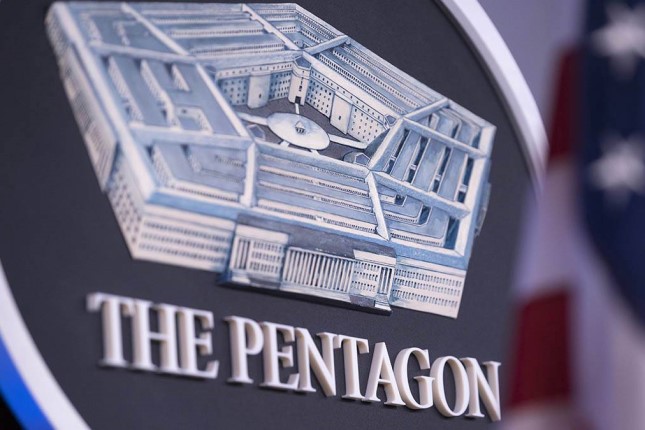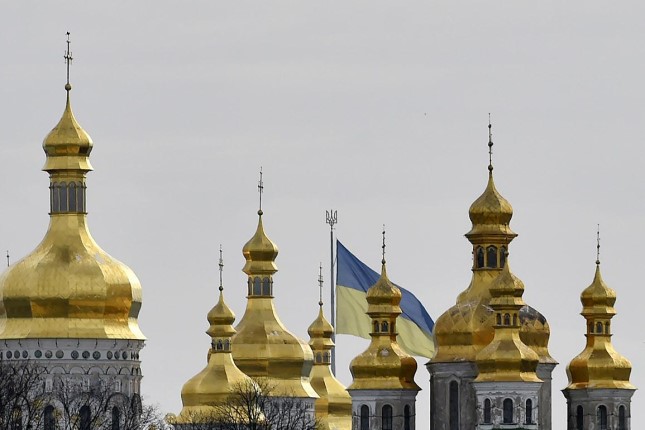German Chancellor Olaf Scholz issued a strong rebuke on Saturday regarding Vance's attack on Europe's stance on hate speech and the far right, saying it was not right for others to tell Germany and Europe what to do, Reuters reported.
French Foreign Minister Jean-Noel Barrot on Saturday defended European policies following Vance's remarks, saying that nobody can impose their model on Europe, according to AFP.
Addressing the MSC, Vance said Europe's biggest challenge was not external threats, but internal democratic erosion. He accused Europe of straying from "fundamental values" shared with the US, voicing concerns over electoral policies, civil rights, and freedom of speech on the continent, the Xinhua News Agency reported.
Against the backdrop of recent US tariffs on steel and aluminum, and the Trump administration's controversial stances on Gaza and Ukraine, Vance's speech was seen as a further shift in transatlantic relations, Xinhua said.
During his trip to Europe, Vance has met with the leader of Germany's far-right Alternative für Deutschland (AfD) party, the Guardian reported on Friday. The move also broke a taboo in German politics as the Trump administration continues to court and promote far-right populist parties across Europe, according to the media report.
Vance did not meet with Olaf Scholz, the German chancellor who should be among the US' key partners in negotiations on the Russia-Ukraine conflict, the Guardian said.
It is clear that the Trump administration prefers to align itself with the far-right in Europe rather than support the mainstream political forces in Europe, Cui Hongjian, professor of the Academy of Regional and Global Governance at Beijing Foreign Studies University, told the Global Times on Sunday.
Those moves significantly challenge the long-established principles and norms that have governed US-Europe relations, Dong Yifan, visiting researcher at the school of politics and public administration of Xinjiang University, told the Global Times on Sunday.
"This has eroded the long-standing political trust between the US and Europe, undermining their perception of each other as value-based partners. As a result, tensions have increased not only in diplomacy but also in routine interactions, leading to further conflicts," Dong said.
The BBC said in an article published on Saturday titled "JD Vance's blast at Europe ignores Ukraine and defense agenda," saying that this year's MSC was supposed to be primarily about the Ukraine crisis and Europe's defense spending. But the most senior US present "used his time at the podium to talk about neither."
Photo: Flags of the European Union, the United States and Germany hang in a meeting room at the 61st Munich Security Conference on February 14, 2025 in Munich, Germany © VCG.
Source: The Global Times.
